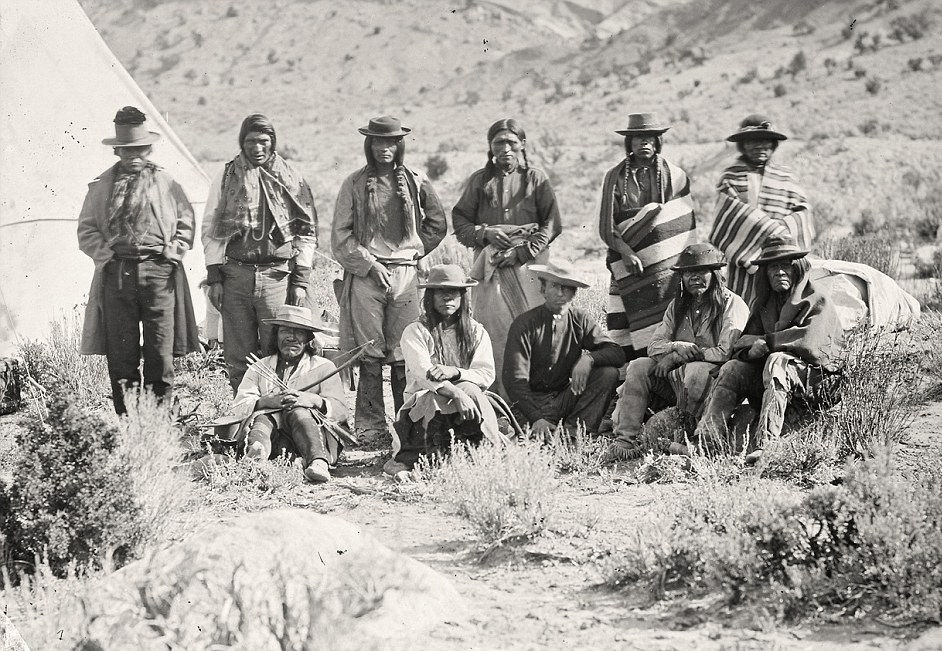Bury My Heart at Wounded Knee by Dee Brown.
- Lukaschik Gleb
- May 31, 2024
- 3 min read

Dee Brown’s book Bury My Heart at Wounded Knee is genuine tale on how the West was won. A story from Native Americans’ perspective. People who came first on continent. About whom was creating a demonic and antagonistic image through years, which transferred to cinema. Bury My Heart at Wounded Knee was written in 1970 and it became pioneer about who Indians are actually.
Occasionally, an author writes in Indian terms as calling some general a Great Chief and sometimes his text in that style. His writing isn’t mature in beginning, but becomes grandiose in the end and there a librarian does incredible with metaphors. If take text itself at overall, Dee Brown did precisely demonstration of inner of describing decades.
He tells on events and shows them from different sides as that always through testimonies from witnesses from both belligerent participants. And his book makes to see obvious and known in that among soldiers were men who didn’t want to kill Indians as well as among Native Americans were disgusting people. I caught in reading of those did disinformation in army and wrote lie in newspapers – those who created a negative image of Native Americans. I’ve got described desperation which caused some Indians on doing wrong acts which were caused by oppression and crimes toward them by white people. My biggest unhappiness was to Indians took side with humans of Caucasian origin what I can’t understand because a race was in annihilation.
Every chapter quotes an Indian and said always enters inside of soul. Sometimes the book has strokes of song and it’s another powerful getting of Native Americans. Dee Brown gives their culture. I was reading and supported them even despite I had places with which I familiar. I happily exclaimed on shot in general Canby and gladly smiled on death of Custer. An author did prolific job in learning topic and giving evidences in words of witnesses from every side. However, he initially says that can be not authentic statements. A book is wonderful on this topic requires in update of facts and additions in details.
Brown didn’t move aside from truth in structure, but I wasn’t sure in further reading already in the first chapter in which has presence of many misfires. Black Hawk surrendered, he wasn't betrayed by bribery of sold Winnebagos and captured by that. In a story of Long Navajo Walking, the writer tells that Barbancito escaped from reservation with several followers. A fact is that he accompany of five hundred. And he didn't surrender "some time later" after Manuelito. An Indian chief was captured two months later. I in doing research knew more facts on people and events, which Brown didn’t mention. Nevertheless, quantity of wrong became highly less and it didn’t look a disinformation.
The author claims, Navajo saw that part of their reservation land was given to settlers and after that Sherman sent them back. Actually, it was one of three variants offered by general.
I’ve got fascination of Donehogawa’s story which shows an interesting perspective though it was hopeless to fight for rights of Indians. Brown wasn’t correct in two places. Donehogawa resigned, because his post lost much power and the writer didn’t complete in that this Native American had fortune, but it wasn’t long, he lost it in economic crisis and left in poverty.
Death of Delshay in the book hasn’t uncertainty. However, it’s known who killed him.
Chief Kintpuash’s story is another incredible one for me, but his fate wasn’t documented. Where did Dee Brown take this issue to which he didn’t give a source in that time? Though barbaric consequences were with Modocs. It was one of many times when you ask on who is more savage?
Roman Nose didn’t prepare to die, he thought it could happen and Battle of Summit Springs had seventeen captured, not wife and child of Tall Bull only.
It’s still a lovable book. A lot of venues, towns and monuments have names of Indians. But the battle nearby of Arikaree River continues to write with “Beecher” in a name. And Modoc Country has a small town Canby, a man who fought against independence of this and many other tribes. Such people don’t deserve any place except consideration them as war and genocide criminals. Black Hawk, Spotted Elk, Red Cloud, Crazy Horse, Roman Nose, Sitting Bull, Donehogawa, Tuekakas, Hin-mah-too-yah-lat-kekt, Toohoolhoolzote, Kintpuash are true heroes of America about all whom must be talked louder.



